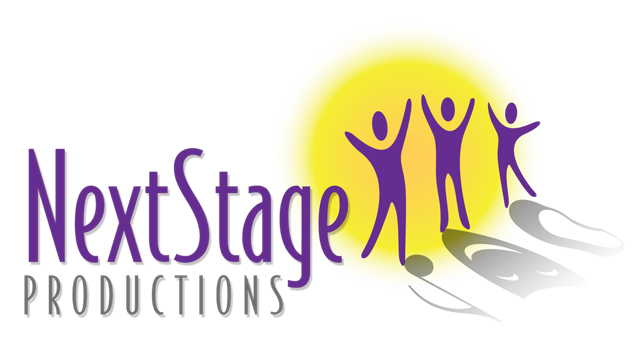AARP has a really great online article called The Extraordinary World of Music and the Mind. It discusses how for more than 50 years, music therapy has harnessed music to treat diseases ranging from depression to chronic pain to movement disorders to autism to Alzheimer’s disease.
Music’s power over us is not purely psychological but based in measurable physiological changes. Singing along with others to a beloved song causes the brain to secrete the chemical oxytocin, a naturally occurring hormone that creates the warm sensations of bonding, unity and security that make us feel all cuddly toward our children and others we love; infuses us with feelings of spiritual awe; and can alleviate chronic pain or the debilitating sensations of anxiety or the isolation of autism. One area of medicine where the power of music has been particularly remarkable is in the treatment of the dementias, including Alzheimer’s disease, whose stubborn and terrible symptoms have been resistant to most forms of treatment.
Research has shown that when rhythmically strong music was played to people with Parkinson’s disease and those recovering from stroke, they synchronized their walking gait with the music and moved more quickly and with better joint control. The therapy is called rhythmic auditory stimulation. “Stroke patients walk much more symmetrically and faster,” Thaut told me recently over Zoom. “Parkinson’s patients don’t have that shuffle and tendency to fall over.”
Other studies looked at the effects of “autobiographically salient” music that Alzheimer’s patients had loved and listened to for 25 years or more. The beloved, familiar music, when played to patients in the fMRI scanner, lights up a large network of the brain — including in the frontal lobes, where higher-order reasoning and memory are processed, a clear and objective sign of a musical “memory trigger” for people with dementia. They recognize it in terms of ‘that is music I know, I know what that is! That is the music I danced to when I met my wife.’ This activation spreads throughout the entire cortex — and the whole neural network comes alive. Alzheimer’s patients who listened to personal playlists of favorite music daily and talked about what they could remember with their spouse or caregiver for one hour a day for four weeks showed significant improvement on memory tests.
All of this backs up the importance of our NextStage Taiko Drumming programs, and the work of NextStage Performers sharing the songs we first fell in love with in our teens and early 20s — that period of life when most people form their musical tastes.
A friend of mine was recently filling out her health care directives, and was surprised that the questions included a space to enter her 50 favorite songs. She's hoping passing these songs to her future caregivers can keep a tap in her toes and a spark in her mind as she ages.

